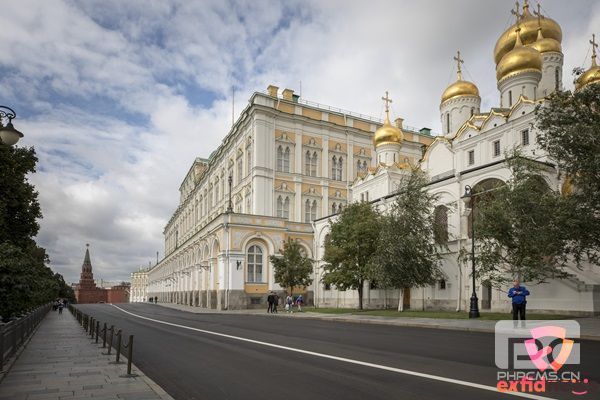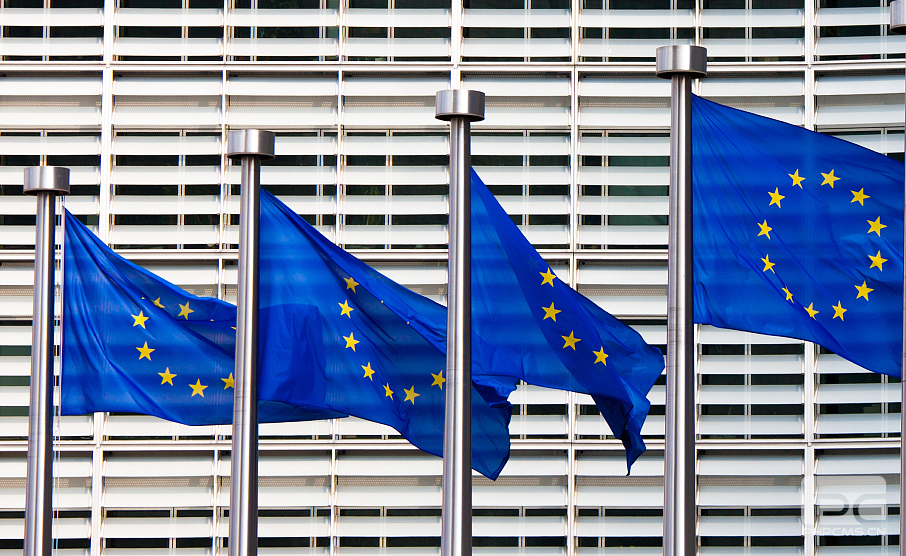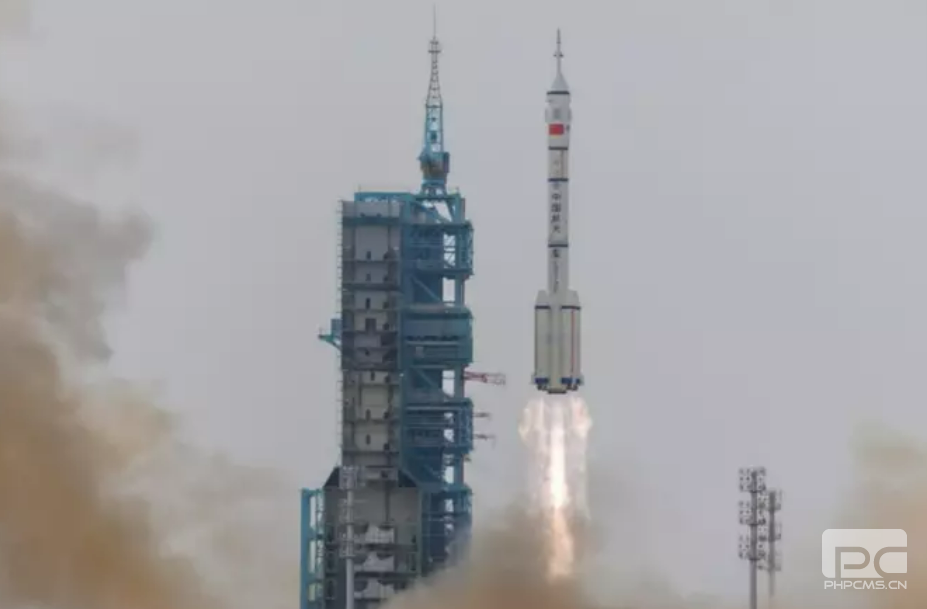Recent data indicates that despite Western sanctions on Russia's oil exports, these measures have not achieved one of their primary goals: depriving the Kremlin of the funds it needs in the Ukraine war. According to data from the Russian Ministry of Finance, funds have continued to rise over the past few months, whether calculated in dollars or rubles, and whether considering net income or total revenue.
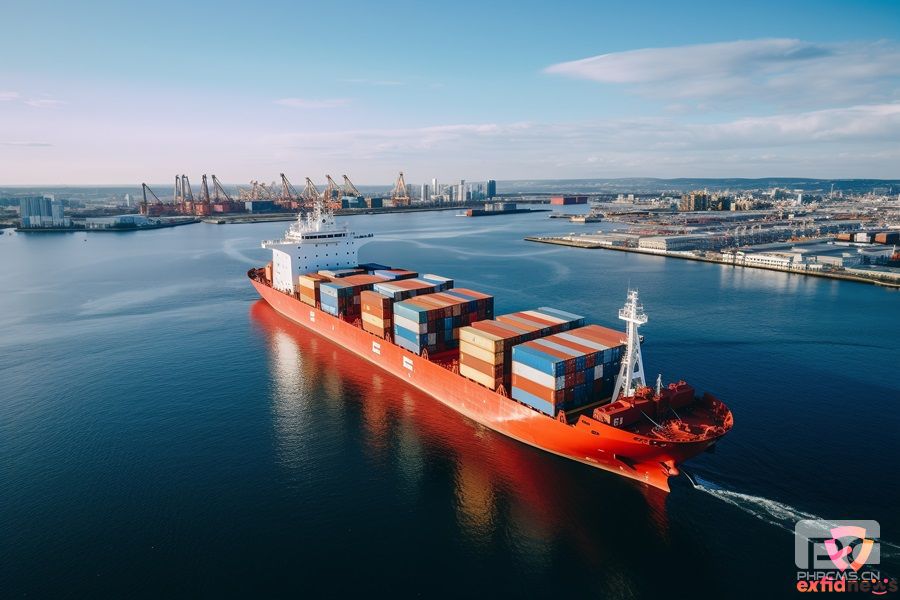
The main tools of Western countries have been setting price caps and preventing the participation of Western companies in oil transportation. However, recent research shows that nearly every ship's cargo exceeded this threshold last month. To circumvent these restrictions, Russia has successfully utilized a large "shadow fleet," a fleet with unknown ownership and insurance status.
The U.S. Treasury Department has stated that they will take more measures, mainly focused on increasing the costs Russia has to bear to maintain its tanker fleet. This includes sanctions on vessels and companies violating price caps and exploring ways to increase the costs for Russia to use its "shadow fleet."
Although the initial sanctions led to a $25 billion deficit in Russia's budget at the beginning of the year, these effects have significantly diminished. Western countries have sanctioned five oil tankers violating price caps and sent letters to companies worldwide, inquiring whether around 100 tankers have violated these measures. However, the G-7 countries currently have no plans to amend the price caps, and the EU is considering stricter monitoring of existing thresholds while formulating the 12th round of sanctions against Russia.
While Western countries attempt to strip Russia of its oil revenue through sanctions, Russia has cleverly circumvented these restrictions. The U.S. plans to intensify sanctions on Russia's tanker fleet, but Western nations still face the challenge of how to effectively deal with Russia's "shadow fleet." As the situation develops, the international community will closely watch whether the West takes more stringent measures to address this ongoing challenge.


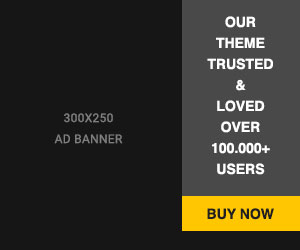

Copyright © 2023.Yooke studio All rights reserved.
PKWEEKLY NEWS




